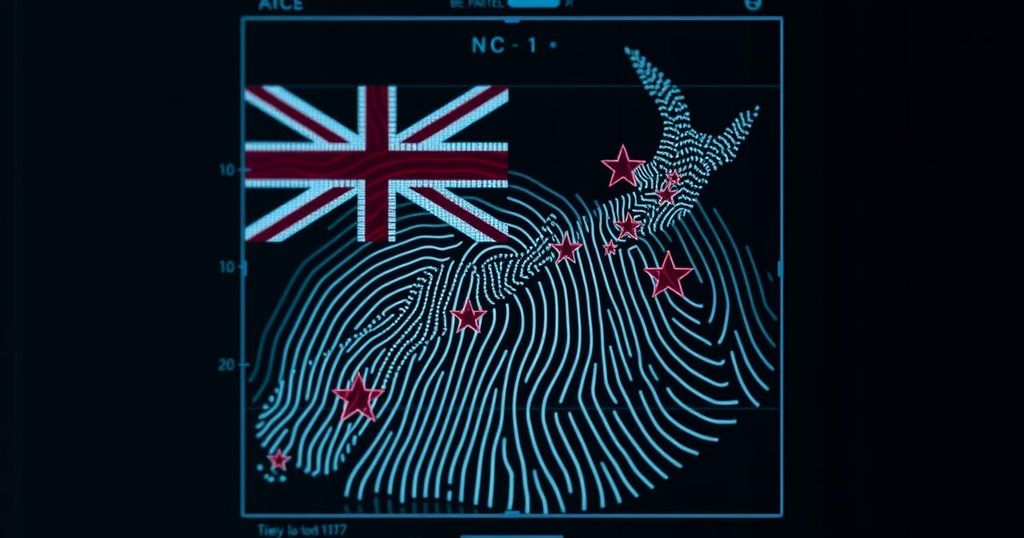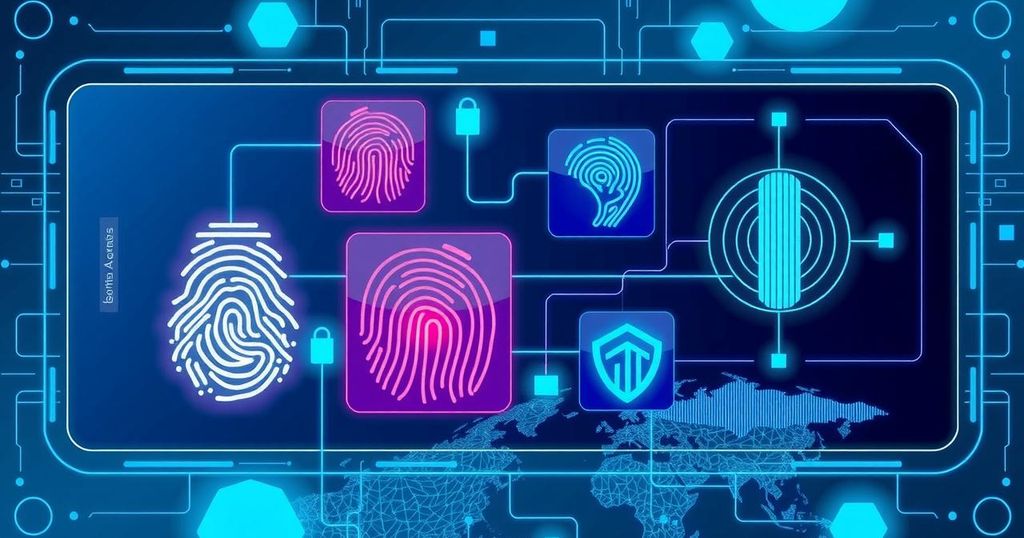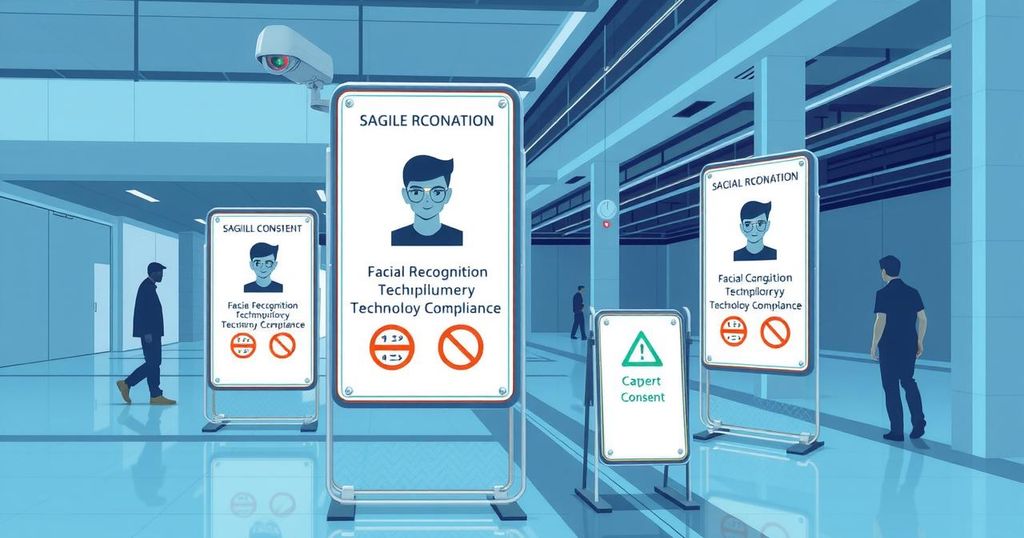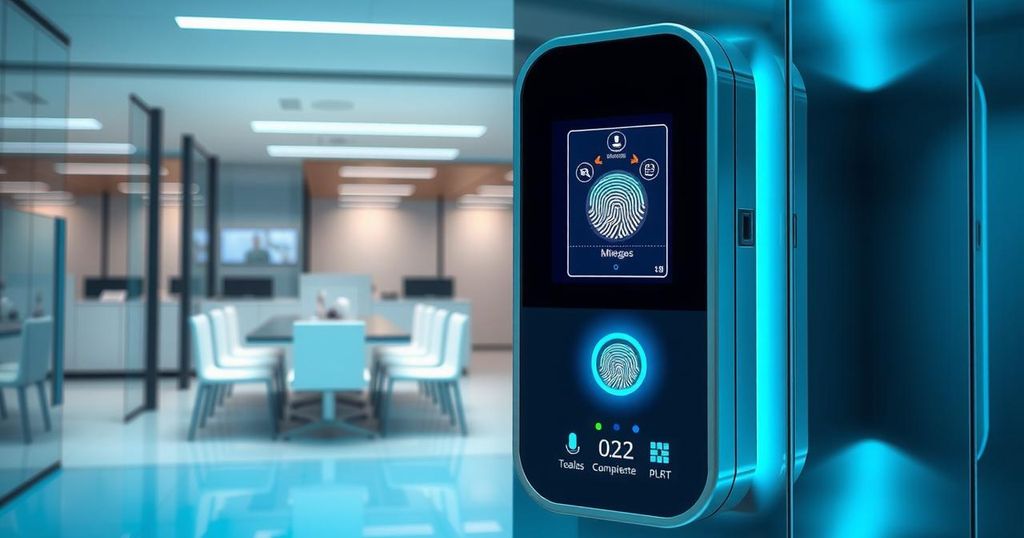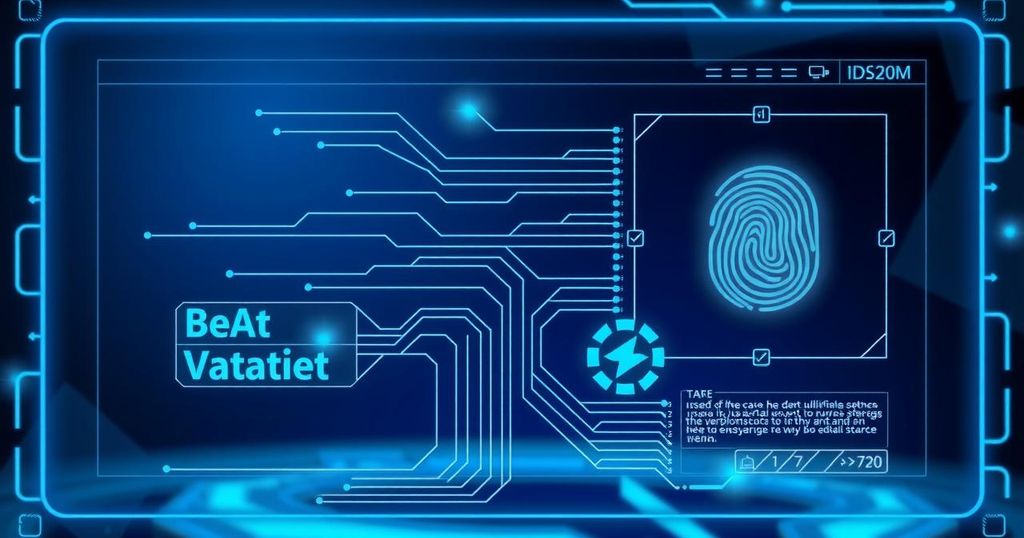New Zealand’s facial recognition system, Identity Check, has successfully passed an evaluation by BixeLab with no significant bias found among different demographic groups. The system, already used by 70,000 users, boasts a 94% success rate and is set for expansion across government departments. It aims to enhance efficiency in accessing services while maintaining data security through stringent privacy measures.
New Zealand’s facial recognition system for online identity verification, known as Identity Check, has successfully passed a biometric bias evaluation conducted by BixeLab. This system incorporates facial biometrics and liveness detection technology and has been implemented by the Ministry of Social Development (MSD) to assist 70,000 users in accessing government services. According to Tim Waldron, who leads the Identity Check project at the Department of Internal Affairs, the evaluation revealed “no significant bias” in the system’s performance across different demographic groups. Specifically, the tests, which included a representative sample of 150 individuals from New Zealand, demonstrated a 94% success rate for user identification with negligible differences among various ethnicities including Māori, Pasifika, and Pākehā. The Identity Check system is expected to expedite access to services, saving each user approximately seven minutes of time compared to in-person interactions. Furthermore, the government plans to expand its use across more departments, supported by a budget of NZ$850,000 (USD $515,000) over the next three years. A government report indicates that the broader implementation of biometric verification could significantly enhance the economy by facilitating faster access to public and private services, including the anticipated mobile driver’s licenses. In an effort to address concerns regarding potential exclusion, the New Zealand government initiated this evaluation and is also working with the Privacy Commission to finalize a Code of Practice regarding biometrics. User biometric data is securely stored in the Datacom cloud, with all images deleted within a period of 31 days.
Facial recognition technology has become increasingly relevant for identity verification processes, offering improved efficiency and security for various government and private services. In New Zealand, the government’s implementation of the Identity Check system with facial biometrics is significant, particularly as it addresses potential disparities in access among indigenous populations. The evaluation by BixeLab, an Australia-based research entity, plays a critical role in assessing the fairness and effectiveness of such biometric systems. By testing the system against a diverse sample of New Zealanders, authorities can ensure that ethnicity does not adversely influence the accuracy of identity verification.
The successful evaluation of New Zealand’s Identity Check system indicates its reliability and fairness in biometric identity verification. With no significant bias found across different ethnic groups and a high success rate, the system is poised for broader implementation within the government, which could lead to economic benefits and improved access to services for citizens. The commitment to security and privacy in handling biometric data reflects a growing awareness of the implications of deploying such technology.
Original Source: www.biometricupdate.com


